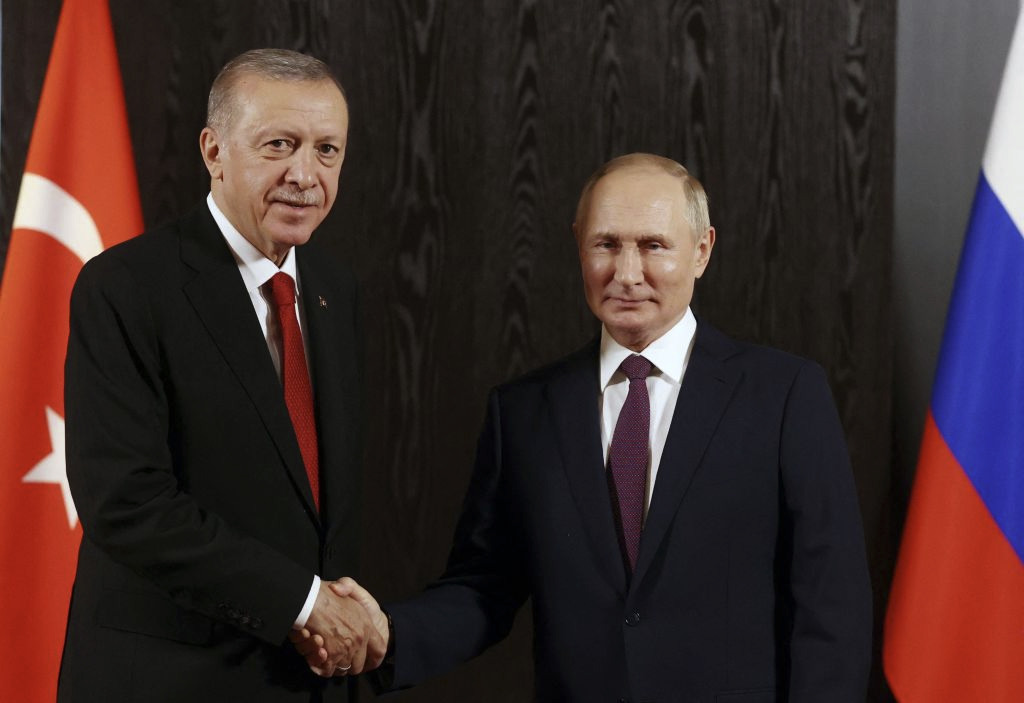Google first unleashed MUM to fight what it considered COVID "misinformation" by making sure that everyone saw "high quality and timely information from trusted health authorities like the World Health Organization". By reducing the number of sources to only those that agree with its agenda, Google is able to deliver fast results while getting rid of different points of view.
Google long ago ceased being a way to find different answers and its search results are deliberately repetitive. Search is an illusion. The user thinks that he's browsing the internet when he's actually spinning his wheels in Google's walled garden.
Or as Pandu Nayak, VP of search at Google, wrote in a recent post, "By using our latest AI model, Multitask Unified Model (MUM), our systems can now understand the notion of consensus, which is when multiple high-quality sources on the web all agree on the same fact."
Google disagrees with many of its users about what "reliable sources" or "high-quality sources" entail.
In 2022, Google's search is hopelessly broken because the company no longer has any interest in providing the search service that made it a monopoly, giving a ranked list of diverse results, but wants everyone to speak into their phones and receive a single answer. The consensus.
If you own an advanced Android phone, you may find that Google Assistant will interrupt conversations to offer its own "insights". Google is also pursuing "prebunking" of what it considers "misinformation" with preemptive propaganda campaigns.
Jigsaw, the company's most explicitly political arm, is researching what it calls "prebunking" or attacking views it opposes before they can even gain traction. Prebunking is currently being experimentally tested by Google's Jigsaw to fight "misinformation" in Poland and other Eastern European countries....
Google's YouTube already has a broad set of bans covering everything from questioning global warming, contradicting medical experts, and debating 2020 election results. These are a window into the company's political agendas and how it seeks to enforce political conformity.
While it seeks to narrow the sphere of acceptable information in its platforms, Google is working with the leftist Poynter Institute, one of the most notoriously biased fact check spammers.... The company claims to have spent $75 million on efforts to fight "misinformation." And who determines what misinformation is? He who controls the algorithms.
As the midterm elections approach, YouTube spokeswoman, Ivy Choi, promised that the video site's recommendations are "continuously and prominently surfacing midterms-related content from authoritative news sources and limiting the spread of harmful midterms-related misinformation." The technical term for this is mass propaganda. That's what Big Tech does.
The internet was revolutionary because it upended the central systems of mass propaganda which allowed a government and a handful of men to enforce their consensus on a helpless public.....
Conservatives are one of the cultural barriers because their existence is a marked reminder that Big Tech does not control everything..... [Big Tech] manage systems that extend around the country and the world. When they encounter different points of view, they seek to wipe them out.
MUM is yet another tool for enforcing a totalitarian conformity on the diversity of the internet.
Google doesn't want you to think differently or to think for yourself. What it wants users to do is to shut up and listen to Big MUM.

Forget Big Brother, Big MUM is Google's new tool for suppressing conservatives. The "Multitask Unified Model" is yet another tool for enforcing a totalitarian conformity on the diversity of the internet. Google doesn't want you to think differently or to think for yourself. What it wants users to do is to shut up and listen. (Photo by Tobias Schwartz/AFP via Getty Images)
Forget Big Brother, Big MUM is Google's new tool for suppressing conservatives.
MUM or Multitask Unified Model was hyped last year as the company's new machine learning algorithm. MUM had been initially described as an innovative way to allow Google's dying search service to answer natural language questions by drawing on multiple sources.
While MUM's applications initially appeared to be apolitical, that quickly changed.
Google first unleashed MUM to fight what it considered COVID "misinformation" by making sure that everyone saw "high quality and timely information from trusted health authorities like the World Health Organization". By reducing the number of sources to only those that agree with its agenda, Google is able to deliver fast results while getting rid of different points of view.
Continue Reading Article



